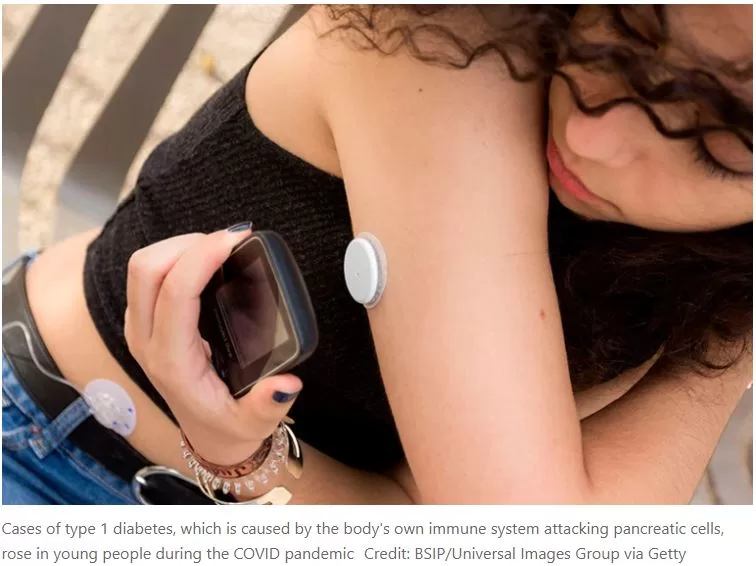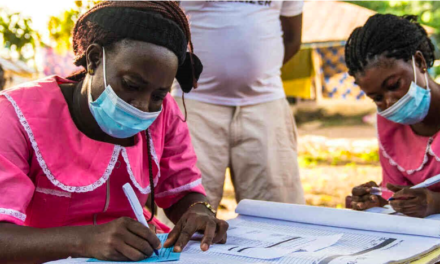
January 25, 2024 — A global review commissioned by the World Health Organization (WHO) and published in The Lancet Diabetes and Endocrinology has unearthed concerning trends in non-Covid-19-related deaths among individuals with diabetes during the pandemic. The study, analyzing 138 studies from various regions, indicates a substantial increase in diabetes-related complications, with women, children, and certain ethnic groups experiencing more pronounced negative impacts.
Co-lead author Jamie Hartmann-Boyce, Assistant Professor of health policy and promotion at the University of Massachusetts-Amherst’s School of Public Health and Health Sciences, emphasized the overall negative impact on diabetes outcomes during the pandemic.
The review revealed an alarming rise in diabetes-related admissions to pediatric ICUs, with a concurrent increase in cases of diabetic ketoacidosis (DKA) among children and adolescents. Notably, some cases were attributed to new-onset diabetes, signifying that DKA coincided with the diabetes diagnosis. Pediatric ICU admissions and DKA cases demonstrated consistency across countries, underscoring the severity of these outcomes for children and their families.
In addition to the increase in deaths, the study highlighted the pandemic’s indirect impacts on diabetes management. Reduced access to healthcare services during the pandemic led to delayed screenings, potentially contributing to an increase in diabetes-related mortality and all-cause mortality. The researchers stressed the importance of addressing these indirect consequences in future pandemic planning.
The findings also revealed a higher-than-expected number of new cases of Type 1 diabetes during the pandemic. Children newly diagnosed with Type 1 diabetes were reported to be much sicker than during non-pandemic periods. Type 1 diabetes, an autoimmune disease usually diagnosed in childhood, was observed to be more prevalent than anticipated.
The negative impacts were disproportionately felt by females, younger individuals, and racial and ethnic minority groups, according to the review. The researchers underscored the urgency of including care for individuals living with diabetes, particularly those from less advantaged groups, in future pandemic planning efforts.
As the world continues to grapple with the ongoing and potential future health crises, the study serves as a crucial reminder of the importance of prioritizing the care and well-being of vulnerable populations, such as those with diabetes, to mitigate the indirect consequences of pandemics.











